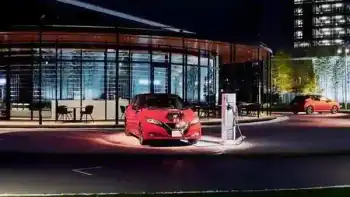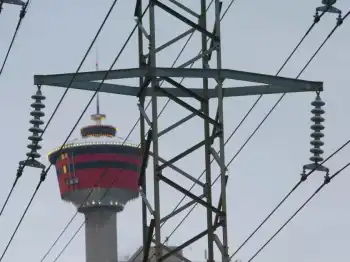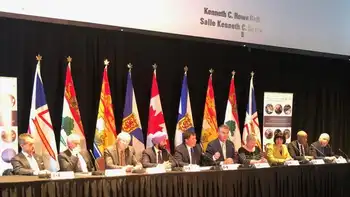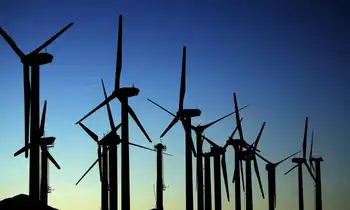Being “Green” means saving money
By The Buffalo News
Arc Flash Training CSA Z462 - Electrical Safety Essentials
Our customized live online or in‑person group training can be delivered to your staff at your location.

- Live Online
- 6 hours Instructor-led
- Group Training Available
In this case, “Green” stands for Government Response to Energy Efficiency Needs.
“The initiative is a twofold benefit to the public,” said Peter C. Rizzo of the town’s Environment Commission.
“It’s going to save taxpayers money, and it’s going to improve the environment,” he said.
During the next several weeks, a Green Committee, comprising Rizzo and two other commission members, will look at current practices and recommend town-wide policies and programs.
“The anticipated recommendations... will speak to the energy and financial challenges that we now face each day as fuel and utility costs increase, and the reality of climate change sets in,” said Town Supervisor Anthony F. Caruana.
“The Green Committee will draw from the best energy-efficiency practices available and translate them in ways that can work in the Town of Tonawanda,” he said.
One thing to be determined is the size of the town’s “carbon footprint,” broadly defined as the tonnage of carbon dioxide and other greenhouse gases that daily activities produce.
“It is everything from turning on a light to turning on your car — and everything in between,” Rizzo said.
Reducing that footprint is one of the initiativeÂ’s goals.
But it’s not as if the town is starting from scratch. “Green” measures already implemented include:
• A comprehensive recycling program, dating back almost two decades, that recycles about 40 percent of the town’s total waste annually.
The program yields about $100,000 a year in revenues and “host community” fees from the Allied Waste Services recycling facility in the town.
• Planting trees, including more than 700 last year alone to replace those lost during the snowstorm of October 2006.
• An annual holiday lighting contest utilizing energy-efficient products.
• Cleaning up brownfield sites along River Road for reuse.
• And, most recently, voting to proceed with an energy audit of 20 town facilities.
“We all have a role to play, and the time to act is now,” said Councilman John A. Bargnesi Jr., chairman of the Town Board’s Garbage/Recycling Committee.
“I am confident that the... initiative will capture the attention of our residents and inspire widespread participation among homeowners who will make energy efficiency a priority in their lives,” he said.
Reaching those people who are resistant to it will be a challenge, Rizzo said.
“If you can’t sell them on the environmental importance,” Rizzo said, “then you can sell them on the financial benefits.”











